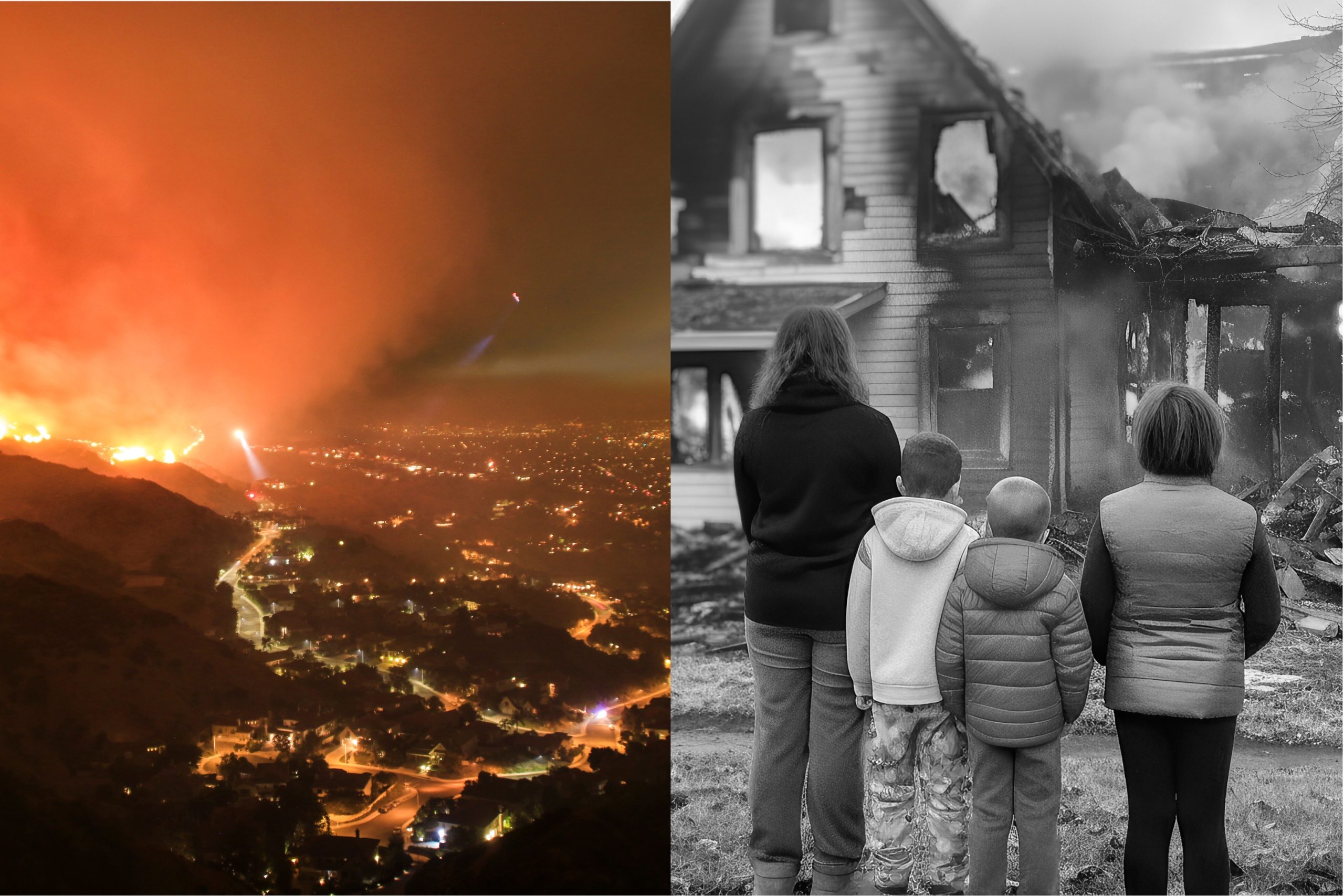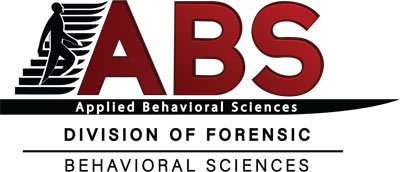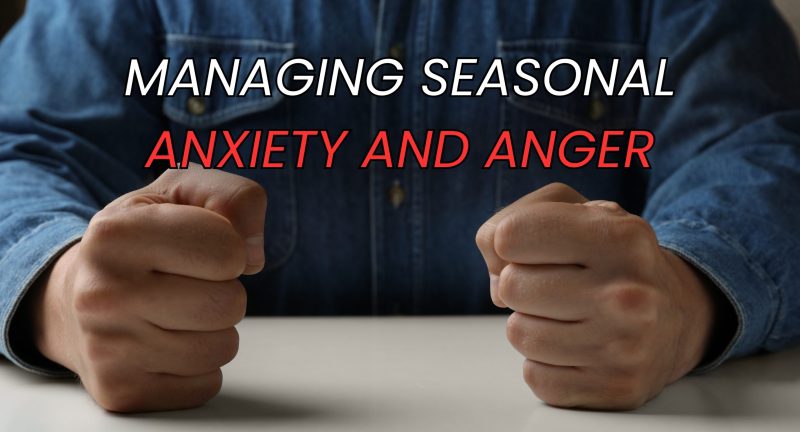
Beyond the Fire: The Psychological Aftermath of Wildfires
In late November 2024 New York and New Jersey and early January 2025, Los Angeles experienced a series of devastating wildfires, particularly the Palisades and Eaton fires, which began on January 8. As of now, these fires have claimed many lives and caused the destruction of thousands of structures, including homes and vital community infrastructure. The economic damages are reported in the billions.
While the immediate destruction is visible, the psychological impact on those affected by the fires is profound and long-lasting. Survivors often face heightened mental health challenges such as post-traumatic stress disorder (PTSD), anxiety, and depression. The trauma from losing homes, loved ones, and a sense of security can trigger intense emotional distress, leaving people struggling to regain a sense of normalcy.
Applied Behavioral Science (ABS) provides essential frameworks to understand and address these mental health impacts. ABS focuses on identifying and modifying behaviors to create positive change, a crucial approach when dealing with trauma recovery. ABS helps individuals build resilience, cope with anxiety, and develop strategies to navigate their grief.
Effects of natural disasters or crimes like arson on mental health
- Trauma and PTSD: Exposure to the trauma of losing homes or witnessing the destruction of communities can lead to PTSD. Survivors may experience flashbacks, intrusive thoughts, or emotional numbness, which can persist long after the fires have been extinguished.
- Anxiety and Uncertainty: The destruction of homes and the threat of future wildfires create lasting feelings of anxiety. Individuals may struggle with hypervigilance, constantly worrying about the next disaster or the stability of their environment.
- Grief and Loss: The loss of possessions, homes, and sometimes even lives, leads to profound grief. This emotional strain, if not addressed, can lead to depression, isolation, and an overwhelming sense of helplessness.
- Disruption of Routine and Community: Wildfires can displace individuals from their homes, disrupting daily routines and severing vital community connections. Social isolation can exacerbate mental health challenges, leaving survivors without the support they need for recovery.
ABS Approaches to Support Mental Health Recovery
- Community Support: Encouraging open dialogue within communities allows survivors to express their experiences and begin processing trauma. This emotional exchange can reduce isolation and foster healing.
- Cognitive Behavioral Therapy (CBT): CBT, an evidence-based therapeutic approach, helps individuals address negative thought patterns and build healthy coping strategies. It is particularly effective for managing trauma-related symptoms and anxiety.
- Resilience Training: Interventions focused on resilience and stress management can mitigate the long-term mental health effects of wildfires. Behavioral strategies that emphasize mindfulness, self-care, and adaptive thinking can help individuals regain control over their mental well-being.
- Access to Mental Health Resources: Ensuring survivors have access to mental health services is essential. Local support groups, counseling, and crisis helplines can provide immediate relief to those affected by the trauma of the wildfires.
While the physical toll of the recent wildfires in Los Angeles is evident, the unseen mental health impact is equally significant. As the situation continues to evolve, mental health professionals are essential in supporting recovery efforts. Through the application of Applied Behavioral Science, we can guide individuals and communities toward healing, helping them rebuild not just their homes but also their emotional resilience.
Related Posts
Managing Seasonal Anxiety and Anger
By ABS Behavioral Health As the seasons change, so do our moods. Whether it's...
5 Essential Tips for Anger Management
Introduction Anger is a powerful emotion that can sometimes feel like a wild...


